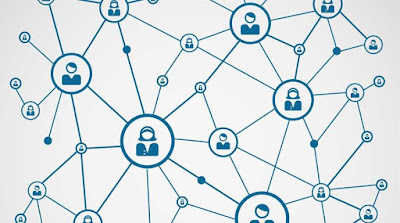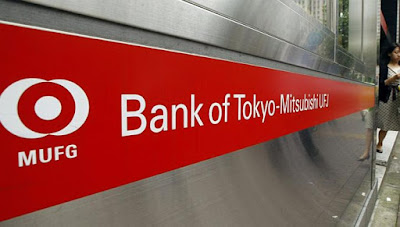Search Results For: bank

Senegal cryptocurrency for the underbanked
Senegal Cryptocurrency may become the first of its kind, as it will be based on its national fiat currency.
A few days ago, Senegal introduced eCFA, a new virtual currency which is currently in development.
This cryptocurrency was born thanks to a collaboration with Banque Regionale de Marches (BRM) and eCurrency Mint Limited.
BRM bank, financial institution specializing in capital markets and the implementation of custom banking solutions, is working on the development and integration of this cryptocurrency, and the Senegal government will serve as a legal tender.
Senegal Cryptocurrency for the underbanked
Similar to the objective of Norway’s bank DNB, Senegal wants to secure itself a significant market share of Africa’s underbanked and underserved people, who cannot find access to financial platforms and networks to manage their cross-border transactions.
Also, the development and launch of Senegal Cryptocurrency eCFA is leaded by the West African Economic and Monetary Union (WAEMU), which suggests that eCFA will be available for all the African countries, including Benin, Burkina Faso, Cote d’Ivoire, etc.
Unfortunately, both BRM and eCurrency Mint Limited didn’t release any technical information and background on their new Senegal cryptocurrency.
In fact, it is still unknown if the digital currency will be based on a permissioned ledger or on a decentralized blockchain network.
In both cases this news is very important as it is another step closer to the digital currencies adoption worldwide.
Read here more about Senegal and African involvement in digital currencies.
Open your free digital wallet here to store your cryptocurrencies in a safe place.
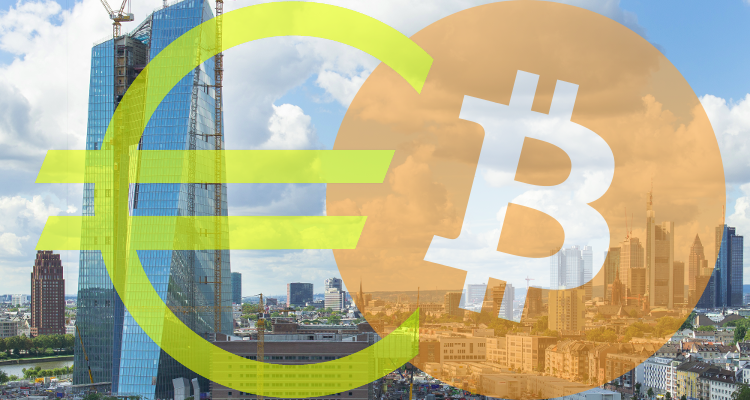
Deutsche Bank Blockchain: report and results
According to a new Deutsche Bank Blockchain report three out of four capital markets participants believe that distributed ledger will be used by everyone and everywhere in the world by the end of 2022.
Conducted by Deutsche Bank, this report about the blockchain wanted to explore why financial institutional, investors, banks, financial sponsors and broker-dealers are working or studying the distributed ledger and how they want to implement it into their business strategy.
The survey includes 200 market participants, and 87% believes it is likely to have an impact on securities services.
However, 75% of partecipants think that distributed technologies will be widely used within the next 3 or 6 years; and the report authors believe that this is a surprising degree of certainty about the blockchain.
Deutsche Bank’s head of Custody and Clearing, Deborah Thompson, explained in the report:
“Respondents were clearly positive about the potential impact of blockchain — almost all participants saw it as either moderately or completely disruptive to existing business models — and an overwhelming majority believe it will be actively used within the next six years.”
Also, the greatest part of report respondents think that the technology will help firms to reduce costs; and almost half (48%) said they believe that the blockchain could solve systems failures.
Earlier this year, Deutsche Bank has already demonstrated how it is interested in the blockchain. Click here to read more about Deutsche Bank Blockchain research and tests.

Open your free digital wallet here to store your cryptocurrencies in a safe place.
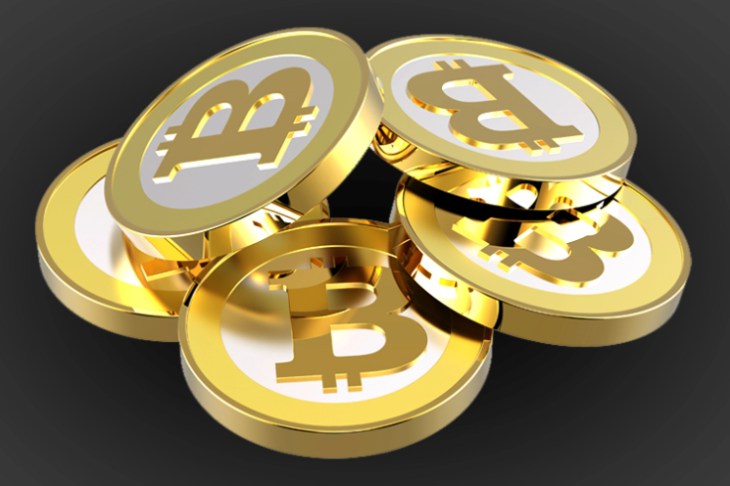
Thailand Bank tests Blockchain with IBM
Thailand bank tests blockchain to certify official documents. To do so, it is is working with the IBM company.
According to Reuters magazine, in fact, Kasikornbank wants to cut costs related to record keeping.
The bank is one of the most important in Thailand and it is looking to create a document certification service by next year.
Also, Kasikornbank is talking with other Thai banks with the goal of establishing new collaborations that could involve a few members of the national financial system. According to the current plan, other banks together with Kasikornbank could use the blockchain network to certify documents.
In a press release published back in April, Kasikornbank revealed its decision to study and test new technologies, including machine learning and the distributed ledger.
At the time, the Thai bank explained that blockchain is “a technology that offers other benefits, e.g., reducing costs and increasing cross-border settlement efficiency that can be verified”.
This news also represented a turn within the Thai country, as two years ago the specter of a bitcoin ban in Thailandia led to problems for the local exchange activity.
After that, Thailand decided not to ban digital currencies, but published a warning to its citizens about their use.
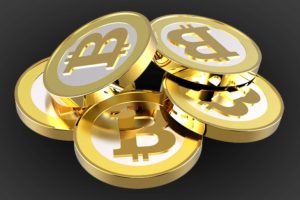
Open your free digital wallet here to store your cryptocurrencies in a safe place.
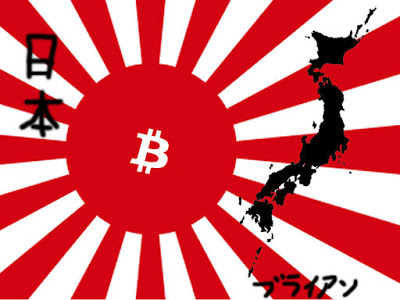
Blockchain Japan Banks: a new Consortium
42 financial institutions created a new Blockchain Japan Banks Consortium focused on decentralized payments.
Created by the financial service called SBI and co-launched with the distributed ledger startup Ripple, this new blockchain consortium includes a wide range of large and small companies and institutions. The creation of this blockchain consortium comes a few days after SBI revealed that it would work to create its own digital currency exchange in Japan.
Members involved in this new program want to share resources and work on a cross-border proof-of-concept, with the goal of creating a new common ground for commercial-scale products in 2017.
SBI explained in a statement:
“The Consortium will promote discussion, from both technical and operational perspectives, on activities required in domestic and foreign exchange services to utilize blockchain and other new technologies, consolidate domestic and foreign exchange services, and build 24-hour and real-time remittance infrastructure, and will try to finish PoC by next March to move forward commercial base.”
Also, SBI explained that efforts to create this blockchain consortium began in August, with the first goal to involve 15 member banks, but the group has rapidly increased its members during the promotional period, the company commented.
This blockchain Japan Banks consortium created by SBI is the latest effort of its kind. Similar groups have been created in recent months among Russian financial companies and European insurance brands. Read more here.

Open your free digital wallet here to store your cryptocurrencies in a safe place.
Bank of England Blockchain: how to explore fintech
Open your free digital wallet here to store your cryptocurrencies in a safe place.
Hong Kong Central Bank will test Blockchain
“Neutral ground” Hong Kong central bank will test blockchain
Open your free digital wallet here to store your cryptocurrencies in a safe place.
Why Banks must adopt Digital Currency
Why Banks Must Adopt Digital Currency
A private Blockchain
Open your free digital wallet here to store your cryptocurrencies in a safe place.
Banks want to issue their digital currencies
Open your free digital wallet here to store your cryptocurrencies in a safe place.
Bank of Tokyo works on a Blockchain project with Hitachi
Bank of Tokyo works on a blockchain project with Hitachi
Universal Wallet for Digital Currencies
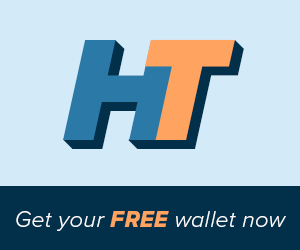
Open your free digital wallet here to store your cryptocurrencies in a safe place.
South Africa Bank will open to blockchain
South Africa Bank Whitepaper on Digital Currencies
Open your free digital wallet here to store your cryptocurrencies in a safe place.


